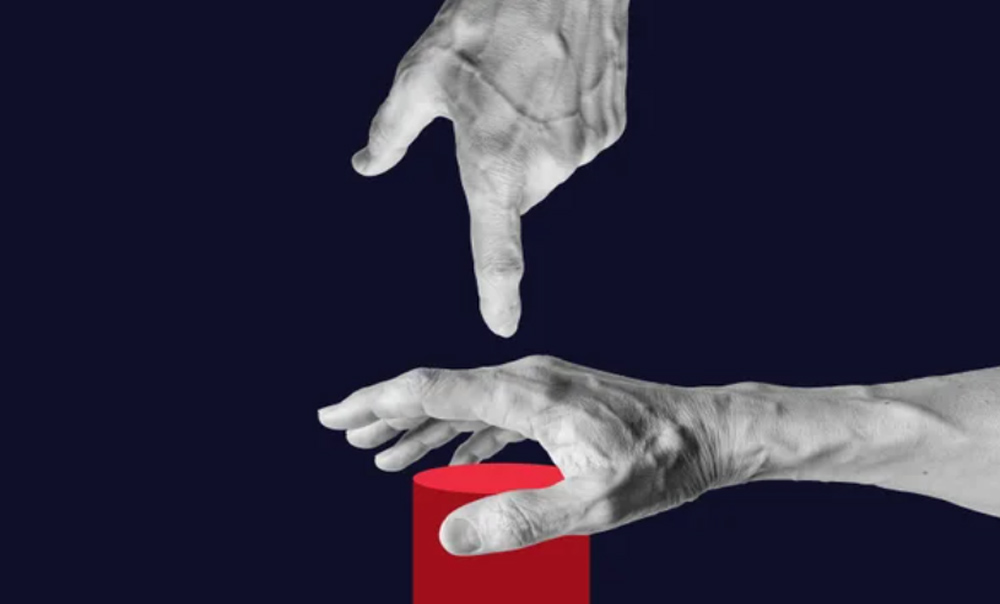
The Path to Ending the War
Khaled Massa
The April War marches relentlessly towards completing its fourth month in the capital, Khartoum. There are no indications on the horizon that suggest the possibility of silencing the sound of gunfire, stopping the loss of lives, and preventing the destruction of public and private property.
If the War Chronicle were to be filled with violations and atrocities, it would become worthy of competing with the other continents wars showcased in the Museum of Crimes. History will narrate it as a war that drew its strength from the regions experience in using the shortest routes to destroy the wealth of resources it possesses.
The continuation of the Mid-April War until now compels us to acknowledge that the war demon has advanced over the pleas for peace and lowering the volume of gunfire. The beneficiaries of the war had prepared for its continuation and amassed all the weapons that, whenever thrown, fueled the flames of war, asking for more!
The prolonged duration of the war and its fire reaching everything prohibited by the Sudanese peoples rights—blood, property, and honor—makes the path to realizing our remaining national integrity difficult and makes it easy for the blowers of its embers to snatch it away. We wont find any of it in the balance.
The Sudanese political club must admit that the destructive manner in which the political process was managed after the mission of overthrowing the June 30 regime was more of a war than varying political stances. Tools conventionally used to handle this type of dispute in political clubs were used.
The obsession with war and the inclination of many Sudanese towards it, and the prayers echoing the continuation of it, is fundamentally a natural product of the political and civic forces laziness. Their incapability of spreading civic awareness and introducing the civic tools that settle any disagreement and block the entry of new and unfamiliar players into the peaceful political club who lack conviction and belief in civil governance.
War is a natural result of not strictly adhering to the ethical conditions required to enter the political club and allowing those who lack even the minimum of those conditions to climb its platforms, and even manipulating their control.
The war wont stop merely because of higher orders to reject it, or by discussing the criminalization of those who ignited it, or by issuing a list of those responsible for its continuation and the paving of its path, which ends with the complete destruction of the Sudanese state. This is a minor indication of the wars end.
Its major indications consist of the insistence on being united in the Sudanese political club to obstruct its old methods of handling political disputes and summoning a unified national stance from the war and its causes.
The Sudanese political club must invoke the same spirit that led to the 1989 Charter of the National Democratic Alliance and the spirit that birthed the Declaration of Freedom and Change, which initiated the change and unified everyone behind a political project that aimed at change and revolution.
The marathon of political initiatives prior to the war dissipated the revolutions momentum, hijacked its goal achievements, and invigorated the enemies appetite for a comeback after its fall.
The ongoing open auction of initiatives to end the war in Sudan, and the significance bell ringing in the region, necessitates a nationally agreed-upon initiative from the club that accomplished the revolution and has an interest in preserving the Sudanese state and building its institutions as per the constitution.
The Sudanese political club must consider the lessons from the transitional period, during which the club failed to guard its extinguished candle, leading to the uprisings frustration and undermining the youths trust in the political forces. They should understand that the war era creates the suitable environment for capturing awareness and public opinion, serving the wars destructive goals.
It is not a coincidence that the war discourse targets hatred and tribal or racial sentiments. Instead, its a conscious plan to exploit the results of this discourse to serve the wars objectives. A discourse opposing it is necessary from the political and civic forces that believe in ending the war, persistently seeking a unified platform to discuss ways of stopping the war and reclaiming the democratic path in Sudan, to avoid repeating the Zahazin experience that robbed us of the revolution and transition. War robs us of our homeland.

